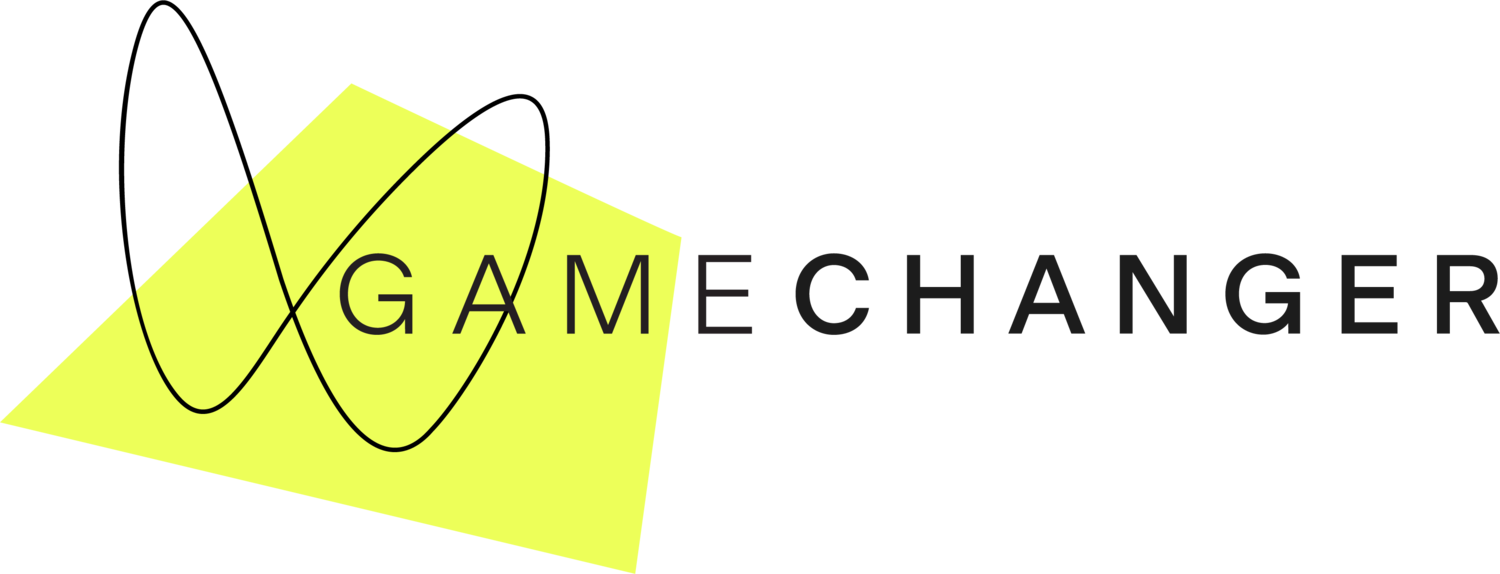Gamechanging Insights No. 3:
Albert Wenger in Conversation with Candice Faktor
Gamechanger is passionate about creating the future we want and thriving in uncertainty. A core thesis underpinning our work is the Industrial Age is over and we now live in an attention constrained economy. Capital is not a scarcity in our age, human attention is.
Albert Wenger, Managing Partner at Union Square Ventures, wrote World After Capital which has informed so much of our thinking. Albert’s book shows us that in an attention starved economy, the most important thing we can do to create the future we want is to change what we allocate our attention towards.
The COVID-19 pandemic has been a testament to the shortcomings of our culture of not devoting enough attention to things the market doesn’t reward. Albert shared profound insights with Gamechanger at the start of our first series on how his theory of attention constraints, the three freedoms, and the knowledge loop are related to the pandemic.
1. COVID-19 in a World After Capital
In an attention economy, attention is scarce as opposed to capital. Albert unpacked how this translates to the many challenges we face as a society in general and the COVID-19 pandemic.
Since capital is not constrained, we can find it and allocate it more easily than ever before in human history. The question is to what ends we are deploying capital and what, as humanity, we are devoting our attention to?
Albert emphasized that the world is too reliant on the market to allocate attention appropriately, but the market cannot allocate attention to the most important things we should focus on. He outlined two examples of where market-based attention allocation failures:
1. Personally: the market teaches us to over-allocate to our professional lives and under-allocate to things like finding our purpose in life;
2. Collectively: the market teaches us to allocate using price signals, and price signals don’t exist for the more important things in life.
The pandemic has shown us the importance of focusing on the important things, and how we have failed to do so. Albert highlighted that if we look at preparedness for a pandemic, there is no price for having enough PPE or working on a vaccine not yet needed.
2. COVID-19 as a Force Function for Individual Freedoms and the Knowledge Loop
In an attention-scarce world where big tech companies and governments harbour such a high degree of control, Albert’s three freedoms are designed to give power back to individuals. Crucially, the three freedoms can allow individuals to access the Knowledge Loop.
The Knowledge loop is this idea that individuals can (i) learn something (ii) use it to create something, and (iii) share it at zero marginal cost. However, if individuals lack economic, informational, or psychological freedom, it becomes more difficult to access, contribute to, and share in the Knowledge Loop
The three freedoms are:
Economic: things like UBI that give you walkaway options from bad jobs, situations, and cities;
Informational: who controls what happens on our devices - a challenge for individuals in our age. Our tiny supercomputers are working for the big tech platforms, not so much us;
Psychological: the freedom of the mind achieved through things like mindfulness practices and meditation.
Economic, informational, and psychological freedom allow individuals to access the Knowledge Loop. Digital technology has made the loop even more powerful by being able to share knowledge at zero marginal cost.
Albert highlighted that COVID-19 has in some ways acted as a positive force function for amplifying economic and psychological freedom for individuals and in other ways a negative force function.
3. How We Can Start Paying More Attention to the Important Things
Albert reflected on what is required to regain some of our informational and psychological freedom we have lost in the transition from the Industrial Age.
For psychological freedom, no technology is necessarily required. There are techniques that date back thousands of years that we can tap into. The real change should come in education. Just like we have required math classes, we should have required classes to train your mind.
For informational freedom, there are two components:
First, a lot of interesting technology being developed around a decentralized crypto world with permissionless data - this has the potential to be a powerful tool;
Second, the existing incumbents are just too big. The APIs of Google, Twitter, and Facebook have to be programmable by us. As long as they aren’t, then we are the ones being programmed by them.
Albert’s biggest hope for collective change post-COVID is to recognize the limits of market-based and capital-based thinking
His fear? The reality could be further damage and destruction to small businesses and individuals at the bottom of the wealth and income distribution chain.
What can we do? Be a proponent of policies that put power back into the hands of the individuals who don’t have access to it.
The collective change required in the COVID-19 recovery process will present numerous and unexpected challenges. Albert’s striking insights show us that where our attention goes, energy flows. Proactively refining what our individual and collective attention is focused on will dictate how we create the future for generations to come. We hope you enjoyed these insights from our session with Albert Wenger.
